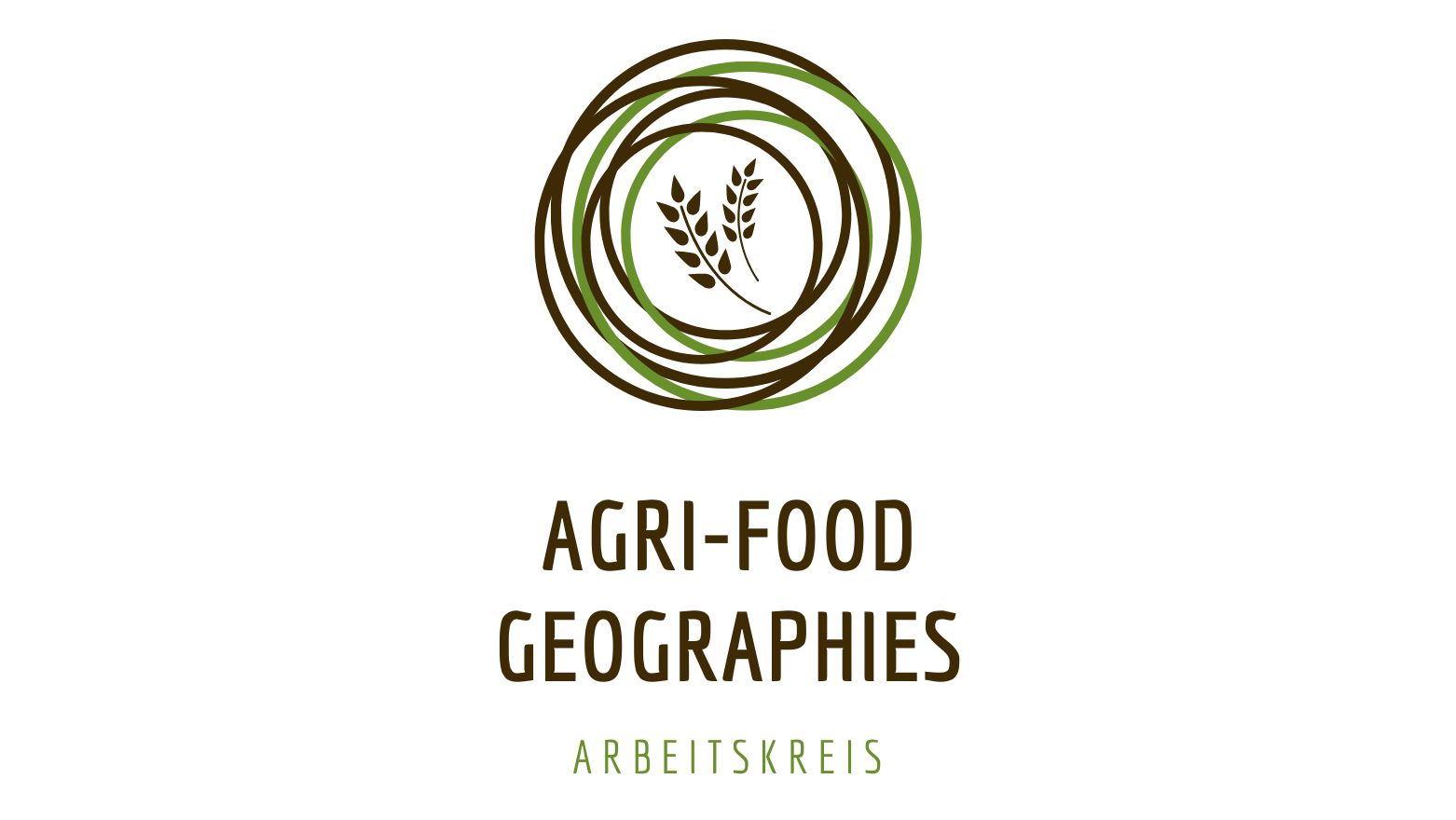Special Session No. 12: Rural-urban Food Networks as Pathways for Sustainable Regional Transitions
Wo?/ When? 11th – 14th June 2024
Wo?/ Where? Florenz, Italy
Frist/ Submission deadline: 30th January 2024
Die Deadline, um Abstracts für die nächste RSA Jahreskonferenz 2024 einzureichen, rückt näher. Falls Sie an Themen im Zusammenhang mit Agrar- und Ernährungsgeographie interessiert sind, finden Sie hier die Special Session Nr. 12, organisiert von Birgit Hoinle von der Universität Hohenheim.
Die von Birgit Hoinle (Universität Hohenheim) und Doris Schmied (Universität Bayreuth) geleitete Session beschäftigt sich mit dem Thema ländlich-urbane Ernährungsnetzwerke als Wege für nachhaltige regionale Transformationen. Ziel ist es, neue Formen der Regionalisierung und regionale Lebensmittelnetzwerke zu untersuchen und somit einen Beitrag zur Debatte über Lebensmittelnetzwerke zu leisten, die ländliche und städtische Gebiete miteinander verbinden. Weitere Informationen zur RSA Jahreskonferenz finden Sie hier.
The deadlines for abstracts for the upcoming RSA Annual Conference 2024 are approaching. If you are interested in topics related to Agro-Food Geography, you may find Special Session No. 12, organized by Birgit Hoinle from the University of interest.
The session, led by Birgit Hoinle (University of Hohenheim) and Doris Schmied (University of Bayreuth), focuses on the topic of rural-urban Food Networks as Pathways for Sustainable Regional Transitions. The aim is to explore new forms of regionalisation and regional food networks. This session aims to contribute to the debate on food networks that connect rural and urban areas. Find more information on the RSA Annual Conference here.
Special Session No. 12: Rural-urban Food Networks as Pathways for Sustainable Regional Transitions
Session Organisers:
Birgit Hoinle, University of Hohenheim, Germany
Doris Schmied, University of Bayreuth, Germany
The effects of the Covid19 pandemic and the Ukrainian war have raised an awareness of the
dependency on food imports from globalized commodity chains. In addition, global challenges such as
climate change, loss of biodiversity, or unfair working conditions in agriculture call into question the
power dynamics of the current food systems and their environmental and socio-economic impacts.
There has been an increasing interest in regionalisation of agri-food systems and especially in regional
food networks that intend to reconnect peri-urban and rural agricultural producers with urban
consumers. These networks comprise forms of direct marketing like farmers’ shops or markets,
Community Supported Agriculture, regional corners in supermarkets, or supply of restaurants. More
recently, regional producers have started to supply public catering entities, such as kindergartens,
schools and hospitals.
This session aims to contribute to the debate on food networks that connect the countryside with
the city or rural with urban areas. We therefore ask for contributions that deal with the following
questions:
- Who are the multiple actors or stakeholders in regional food networking (farmers of
different sizes, artisanal food producers, traders, retailers), and how is the interaction
organized? What is the motivation of these actors (ethical, economic, regional identity, etc.)? - How is the cooperation between producers and consumers organized in time and space (e.g.
fixed space versus ambulant trade/hawking, means of transport, seasonality) and in view of
the value chain? - Which produce is involved (beyond vegetables and fruit)?
- What are the specific challenges for and obstacles to rural-urban food networks?
- What are the potentials of these networks regarding sustainable food system transitions in
the region(s)? Which role do sustainability criteria, such as organic production or fair working
conditions play in these formats? - Which factors account for regional differences in the success or failure of networking? Does
the size of city and surrounding countryside matter? - Do old informal networks (fetching milk or eggs from a farmer nearby, getting venison from a
hunter friend) still exist or are being revived? - Should, and if so, how could networks be widened beyond niche producers and consumers?
What would be the consequence of a “regional mainstreaming” in conventional wholesale
and retail marketing? What are appropriate public policies to promote regional food
networks?
We encourage empirical-based research contributions in order to discuss commonalities and
context-specific differences in order to develop sustainable regional food systems, but would also
appreciate theoretical considerations.
Kindly send your abstract (250-300 words) until the 30th January 2024! Please follow this link for the
submission: https://lounge.regionalstudies.org/Meetings/Meeting?ID=485


